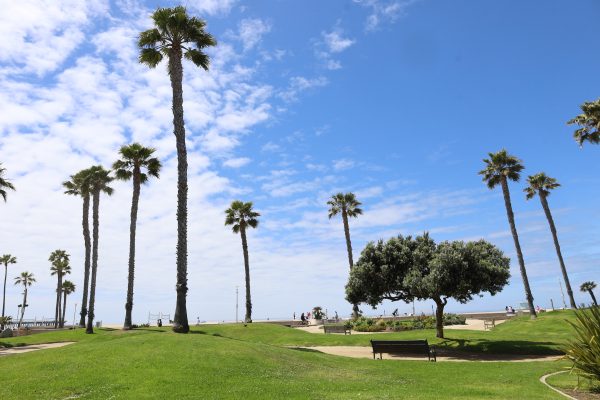A second run-off to determine the city’s next treasurer is likely to cost $160,000, despite the City Council’s decision to conduct the election entirely by mail.
The May 14 election cost $200,000 – $40,000 over budget – and the March 5 election cost $284,281. This election, being staged in response to the surprise resignation of longtime incumbent Ernie O’Dell, brings the total to over $644,000.
For purposes of comparison, the 2007 election period – which included a general municipal election and a run-off in District 5 – cost a total of $179,030.
City Clerk Eleanor Manzano said election costs were higher this year for several reasons.
First, there were two precinct polling places per district, as opposed to one, which is typically the case. Also, Measure A, a citizens’ initiative aimed at permanently retiring the Harbor Drive power plant, filled 30 pages and had to be printed on four separate ballots (for four separate districts). It was a citywide initiative, so the county provided no financial support for printing it.
In 2008, because Measure DD and EE were printed on the presidential election ballot, the county picked up some of the tab.
But printing Measure UU, a citywide initiative like Measure A, cost $205,274 in 2009.
Manzano added that since 2010, the city has been required to translate all election materials into Spanish, which heightens the cost of publishing.
Another major expenditure is hiring consultants to confirm that ballots comply with the election code, to print them, to verify vote-by-mail signatures, and conduct voter outreach.
Manzano said this year, consultancy fees were higher because the city lost two full-time employees – one was laid off, and the other job was frozen – who had previously undertaken the task of verifying signatures affixed to mailed-in ballots. Now, that responsibility falls to consultants.
Councilmember and recognized city historian Pat Aust has said the city’s majority system, which often ends in a run-off, is time-consuming and costly and largely inefficient.
“What’s the system that will take the longest amount of time and cost the most money and give us almost the same outcome? Oh, that’s right, this one,” Aust said before the May 14 run-off.
“We’re the only city around that does this. It’s like we haven’t come into the 21st century. Everyone else around us went with plurality, where a candidate gets the most votes and then it’s over.”
Since 2007 – when Manzano was elected City Clerk – the city has spent $1.57 million on conducting elections.











